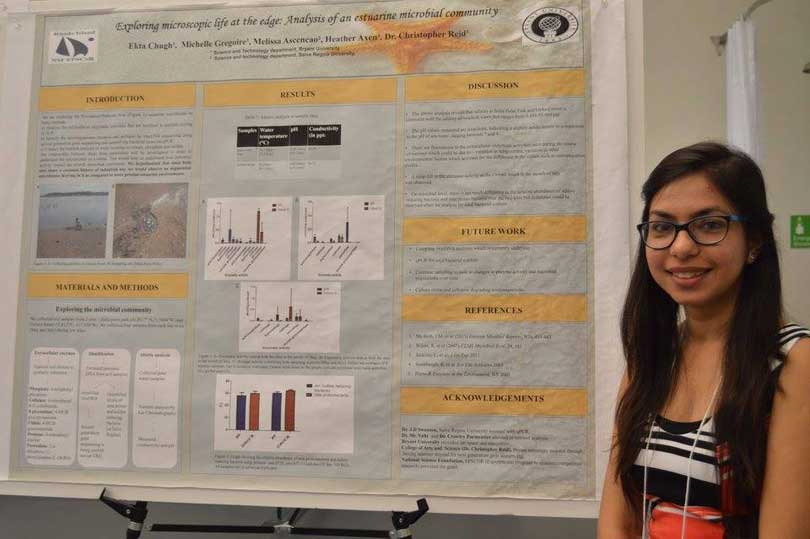The last time newly hired Associate Professor of Sculpture Lisi Raskin was as disturbed by the political landscape as she is now was when she was a kid growing up during the Reagan/Cold War era. Her work has been focused on fears of war and terrorism since the World Trade Towers collapsed under attack on 9/11 – soon after she moved to New York – and she continues to turn to her artistic practice to “figure out a creative way through,” noting that “performance and objects are good outlets.”
For 10 years Raskin created large-scale architectural installations referencing the Cold War-era fallout shelters, bunkers and missile silos she visited “on a magic carpet ride” starting in 2003. “That Cold War militarized palette is everywhere,” she says. But once she began questioning the purpose of this work several years ago, she “lost the desire to create things [she] didn’t want to see in the world.”


